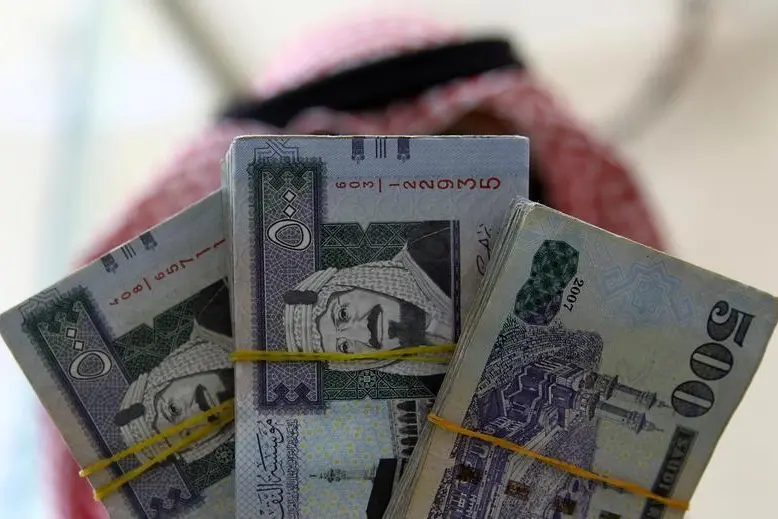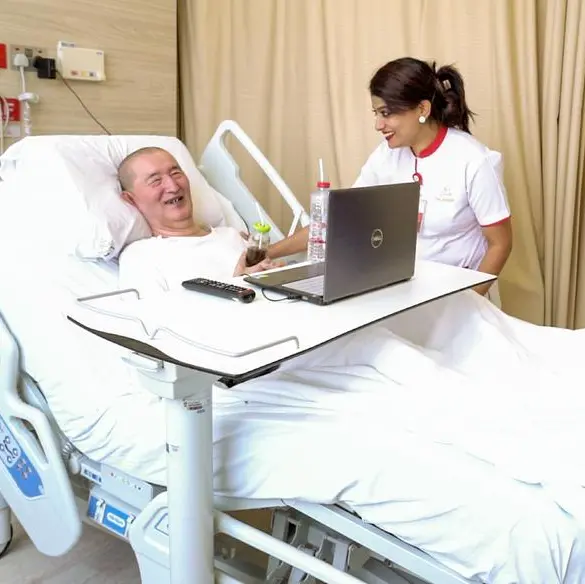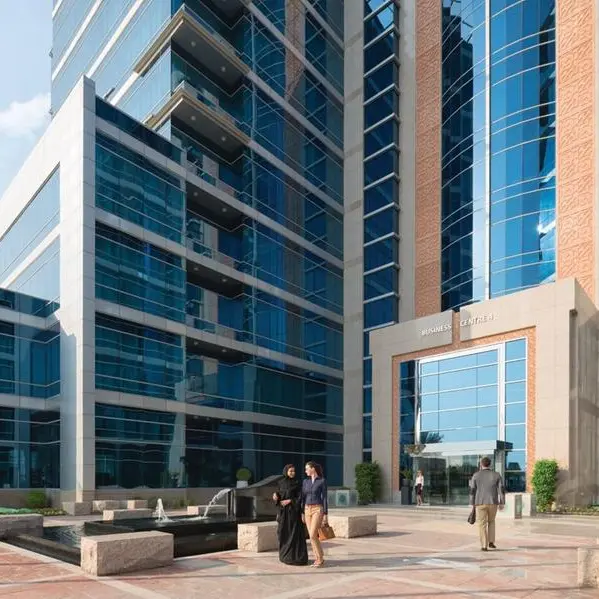PHOTO
RIYADH – One year on from its launch, the Kingdom of Saudi Arabia’s Vision 2030 is already shaping up to be one of the most ambitious economic and social transformation programs in the region’s history, according to experts attending the 12th Euromoney Saudi Arabia Conference in Riyadh Tuesday.
In his opening comments, Saudi Minister of Finance Mohammed Al-Jadaan outlined the scale of the projects already in process as part of the National Transformation Program (NTP) 2020 and Vision 2030 strategy, and the ambitious goals being pursued.
The Kingdom’s program aims to raise the private sector’s contribution from 40 percent to 65 percent of GDP, elevate the nation into the top 10 countries on the Global Competitiveness Index, increase foreign direct investment from 3.8 percent of 5.7 percent of GDP, and increase women’s participation in the workforce to 30 percent.
Al-Jadaan said: “In support of Vision 2030, the government’s fiscal policies are enhancing financial stability and promoting economic growth across Saudi Arabia. By undertaking structural reforms, the Ministry of Finance aims to strengthen the fiscal framework, diversify revenue sources, support non-oil sector growth and achieve the highest levels of transparency, as we aim to create a stronger and more stable economy.”
Moreover, he said “we will for the first time in Saudi announce, possibly in a couple of weeks or less, the first quarterly results of the budget.”
Under its Vision 2030 plan released last year, the kingdom aims to develop its industrial, investment and small-medium business base to employ more Saudis and reduce its reliance on oil revenue.
“The government made a clear commitment that they will increase the level of transparency,” Al-Jadaan said.
“They will submit to international laws on transparency” and respond to the needs of the private sector which requires timely data to make investment decisions, he added.
Al-Jadaan said that the Kingdom’s financial position has become stronger thanks to the high volume of financial reserves and doubling of the gross domestic product (GDP) over the past 10 years. This accounts for about 50 percent of the economy of the Gulf Cooperation Council states and makes up the third largest currency reserves in the world.
The minister also stated that the government has introduced more than 150 initiatives to raise the efficiency of operational and capital spending in various government agencies.
Al-Jadaan said the Kingdom’s public debt is the least among the G20 states. “This will contribute to enhancing economic stability, reducing the negative effects of falling oil prices.”
According to the minister, the Kingdom is witnessing unprecedented qualitative shift in further consolidating its financial position. “The Ministry of Finance has set up a separate unit for economic financial policies aimed at the governance of the ministry’s financial and economic policies and the establishment of a public debt office to manage the Kingdom’s public debt,” he said, adding that the public debt office has received great interest from investors for the first international issuance of the Kingdom’s sukuk program. The total number of applications for these sukuk exceeded SR123.75 billion ($33 billion).
Senior executives from Saudi Arabia’s financial sector also took part in on-stage interviews, with Mohamed El-Kuwaiz, Vice Chairman, Capital Market Authority and Khalid Abdullah Al Hussan, Chief Executive Officer, Saudi Stock Exchange (Tadawul) both commenting on the impact of Vision 2030 to date, and the long-term plans in place to encourage greater national and international investment.
Dr Ahmed Abdulkarim Alkholifey, Governor, Saudi Arabian Monetary Agency, was interviewed on the Kingdom’s current monetary policy, and its long-term plans to deliver stability and support national goals.
Also representing the Kingdom on the first day of the Conference were Yousef Abdullah Al-Benyan, Vice Chairman and Chief Executive Officer, SABIC and Yasir Faisal Al-Sharif, Chief Executive Officer, Jabal Omar Development Company.
More than 1,600 pre-registered delegates attended the first day of the conference, which saw major presentations and interviews with senior ministers from the Kingdom, and chief executive officers and executives from some of the world’s largest banks.
© The Saudi Gazette 2017





















